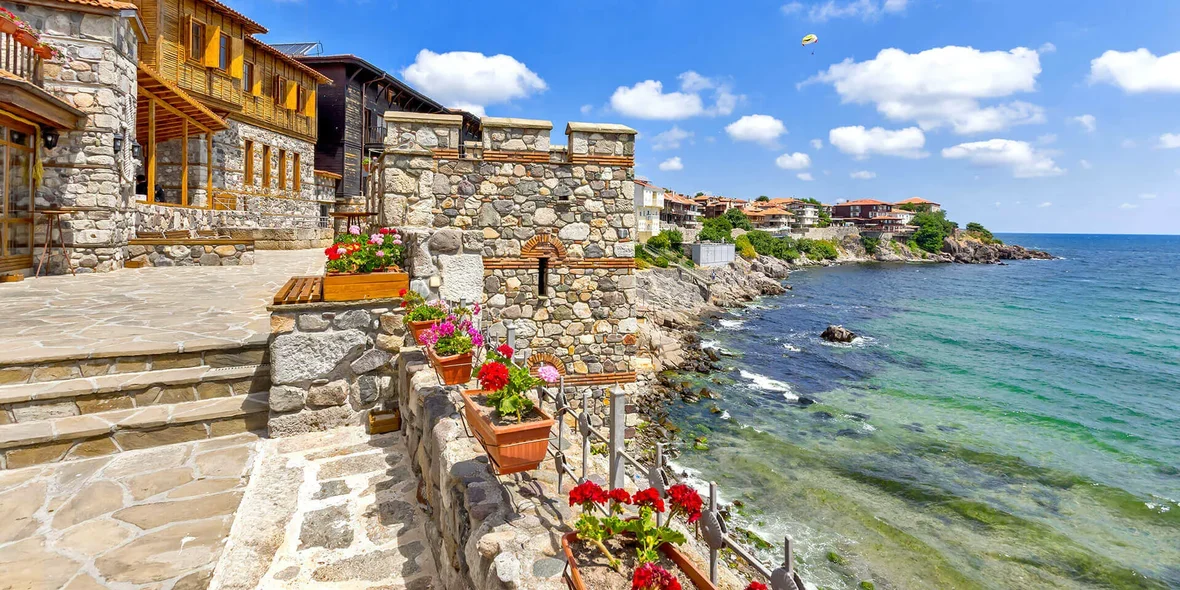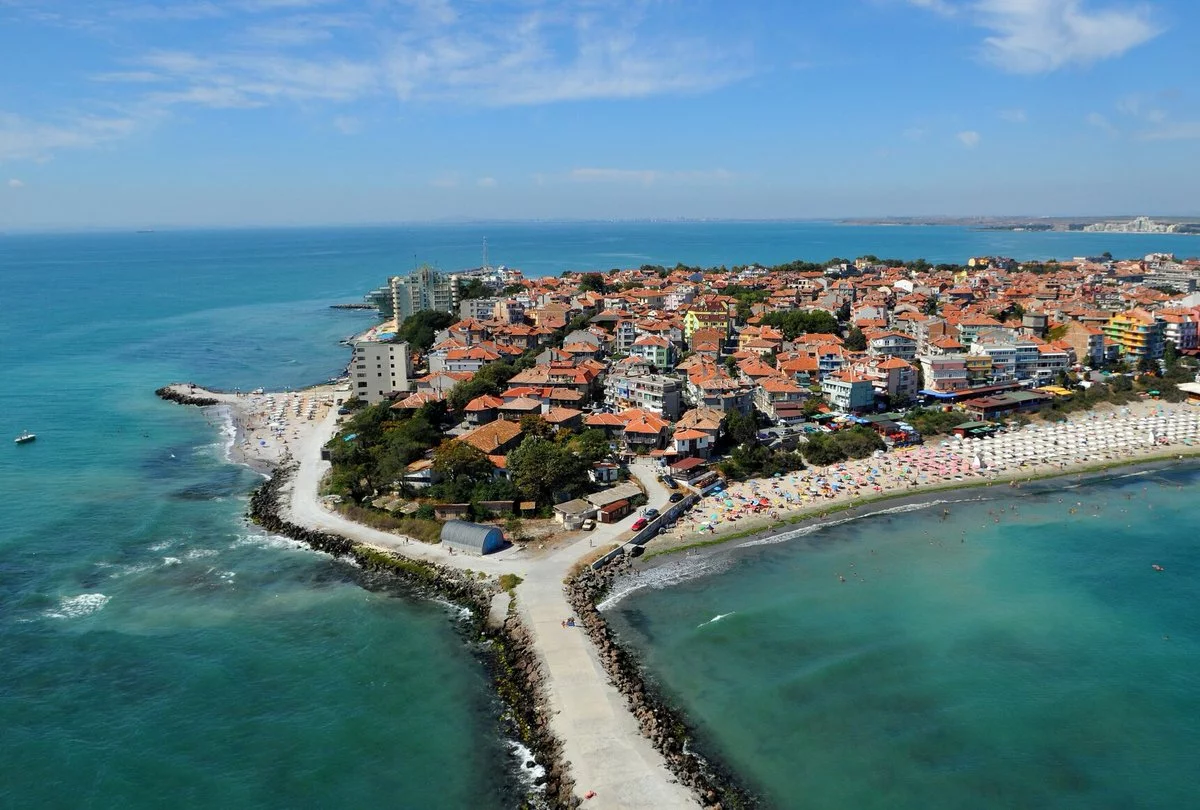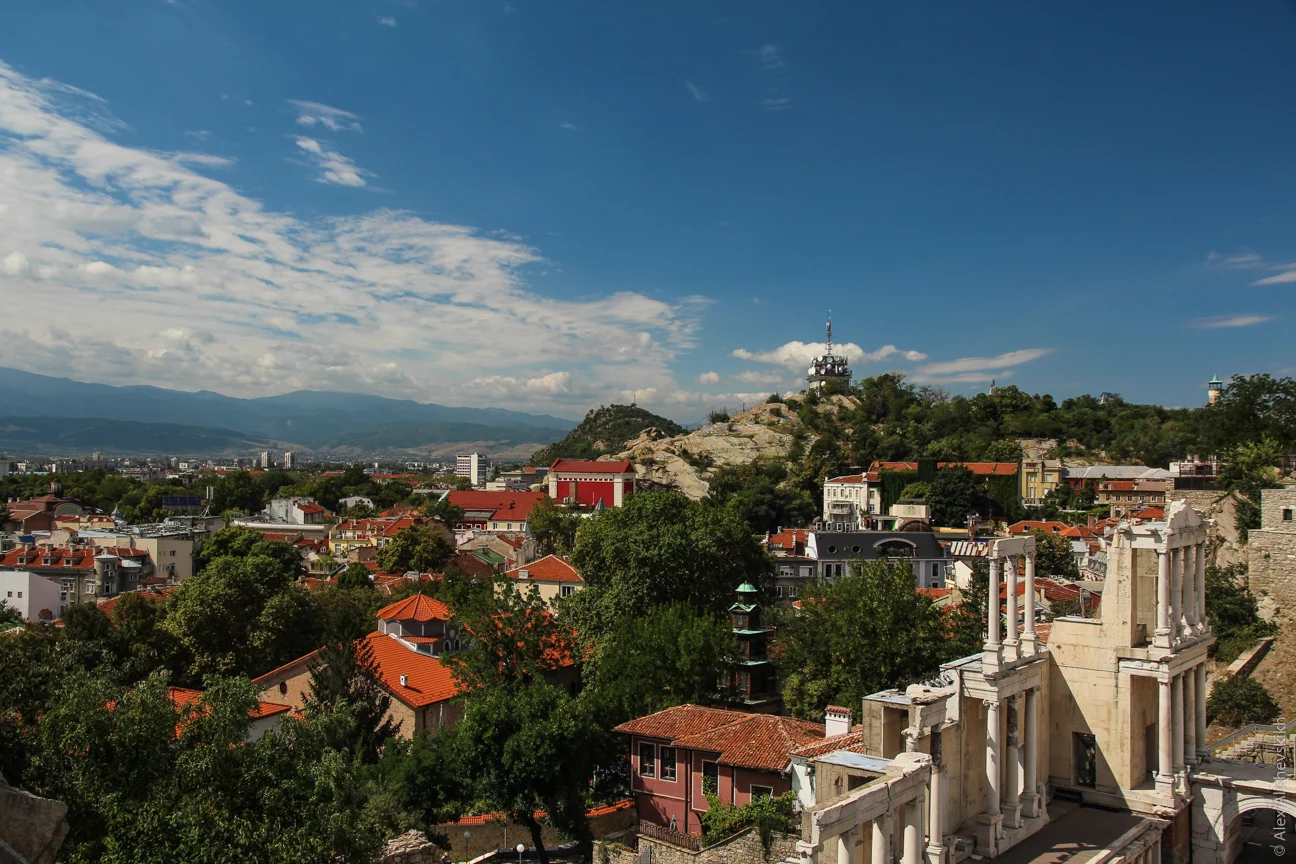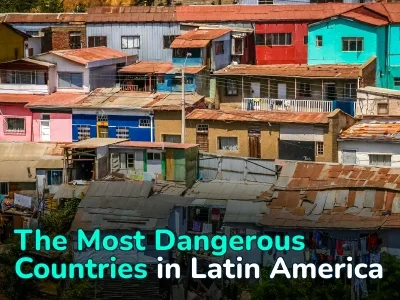
What are the Best Cities to Live in Bulgaria?
Bulgaria is located in the southeast of Europe on the Balkan Peninsula. It became a member state of the European Union in 2007. The economic development level of Bulgaria is still far from that of the rest of the EU member states, but the country has made significant progress in recent years. Below, you will find more information about this and a rating of the five best Bulgarian cities to live in 2024.
Economic and Political Context
As of 2024, Bulgaria's economy continues to show positive trends:
- GDP growth has been steady, with a 1.8% increase in 2023 and projections for a rebound in 2024 thanks to the recovery in demand from key trading partners, which will spur exports and private investment.
- Inflation has stabilized at around 2.5% in June 2024 after a spike in 2022. Annual average inflation fell to 4.6% in June 2024. Inflation is projected to continue declining in the remainder of 2024 and over 2024 as a whole, curbed by cooling wage growth and the delayed impact of previous monetary policy tightening.
- Unemployment rates have decreased to approximately 4.5%.
- Bulgaria maintains one of the lowest corporate tax rates in the EU, at 10%.
- The country adopted the euro as its currency on January 1, 2024, further integrating with the EU economy.
- The minimum wage in Bulgaria has increased significantly since 2021, reaching 933 BGN (approximately €477) per month in 2024. While this is still lower than in many Western European countries, it represents a substantial improvement in the standard of living for many Bulgarians.

Best Cities to Live in Bulgaria
Based on recent surveys and statistics, here are the top five Bulgarian cities for quality of life in 2024:
Sofia
The capital city has risen to the top spot due to its robust job market, cultural offerings, and improved infrastructure:
- Population: approximately 1.28 million
- Key advantages: diverse job opportunities, the highest average salaries in the country, a vibrant startup ecosystem
- Rental costs: average of €450-500 per month for a one-bedroom apartment in the city center
Plovdiv
Plovdiv, the 2019 European Capital of Culture, continues to attract residents with its rich history and developing tech sector:
- Population: Around 350,000.
- Key advantages: lower cost of living compared to Sofia; growing IT industry; cultural heritage.
- Rental costs: approximately €300–350 per month for a one-bedroom apartment in the city center.
Varna
This Black Sea coastal city remains popular for its combination of urban amenities and beach lifestyle:
- Population: approximately 330,000.
- Key advantages: tourism industry, maritime economy, good healthcare facilities.
- Rental costs: about €350–400 per month for a one-bedroom apartment near the center.
Burgas
Another Black Sea city, Burgas, has maintained its appeal with recent infrastructure improvements:
- Population: around 220,000.
- Key advantages: developing the IT sector, proximity to beautiful beaches, improved city planning.
- Rental costs: approximately €300–350 per month for a one-bedroom apartment in the city center.
Veliko Tarnovo
A new entry in the top 5, this historical city has gained popularity among both locals and expats:
- Population: about 70,000
- Key advantages: rich cultural heritage, growing expat community, lower cost of living.
- Rental costs: around €250–300 per month for a one-bedroom apartment in the city center.

Frequently Asked Questions About Living in Bulgaria
Do I need to learn Bulgarian to live in Bulgaria?
What is the healthcare system like in Bulgaria?
Is it easy to find work as an expat in Bulgaria?
How safe is Bulgaria for expats?
Can I buy property as a foreigner in Bulgaria?
What are the internet and mobile connectivity like?
How does the education system work for expat children?
Author
I am responsible for editorial work. I write expert interviews and guides.
























